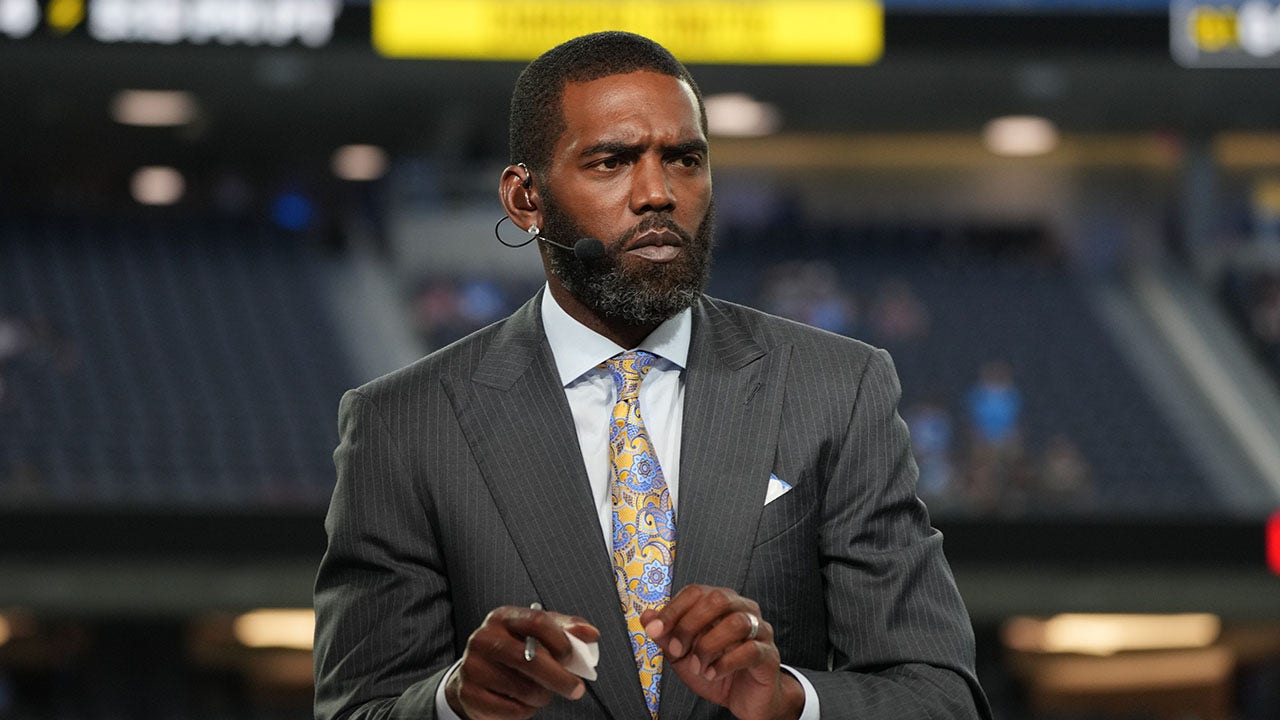Take “More Perfect” by Temi Oh, a feverishly inventive novel set in a world that sounds ideal. Almost everyone has a brain implant connected to the internet, so nobody ever needs to be alone and people can even share memories, which contributes to a society with almost no crime. But a young hacker, Orpheus, realizes that the government is feeding him “patriotic,” saccharine dreams of a family he never had. And the police are arresting innocent people for illegal acts that an algorithm predicts they’ll commit.
Every time you think you know where “More Perfect” is heading, Oh makes you guess again. She expertly shows why people love being endlessly connected and how our technology can heal us, while slowly revealing the downside. Through it all, she finds time for a haunting love story and an exploration of trauma. The ending doesn’t entirely make sense, and the journey of the too-aptly named Orpheus has overtones of Greek mythology that feel unnecessary. But all in all, “More Perfect” is nearly perfect.
“The Great Transition” by Nick Fuller Googins appears more straightforwardly utopian. In the near-future setting of Googins’s novel, humans have averted the worst of climate change, reached net-zero carbon emissions and transformed half the globe into a nature preserve. But the struggle to save the planet has left scars, both physical and psychological, on everyone. Teenage Emi is torn between a father who’s keen to move forward and a mother, Kristina, who dwells on the hardships of the past and is convinced that those who broke the Earth will try to start over. After Kristina goes missing, Emi finds herself caught in a war that never ended.
Googins writes inspiring, vivid depictions of people putting aside their differences as they work to restore damaged habitats and put out massive forest fires in the novel’s past. But “The Great Transition” shines especially in its nuanced exploration of generational trauma and denial.
Speaking of kids, children’s television shows are a special kind of utopia, where the young can safely daydream and create their own worlds. Kiersten White’s latest novel, “Mister Magic,” tells the story of a long-canceled TV show whose former child stars are reuniting as adults for a bizarre podcast.
Trust White, a master of complicated darkness, to find the creepy underbelly of “Mister Rogers’ Neighborhood” — or, at least, a fictional program very much like it. From the start, it’s obvious something terrible happened to the kids who appeared on the show. But White still conveys how alluring its fantasy world was and how happy the former participants believe they were. She summons up the candy-colored nostalgia that so many of us feel for our childhood entertainment, even as she demonstrates how hard it is to grow up and face the ugly truths that shadowed our younger years.
“The Water Outlaws” by S.L. Huang is an addictive action-adventure novel and one of the most straightforwardly utopian books in ages. In this feminist retelling of the famous Chinese novel “Water Margin” (which dates to the middle of the last millennium), a female-led bandit community fights for justice and steals from corrupt officials. Lin, a martial arts instructor who is dishonored and imprisoned after she rebuffs a powerful official’s advances, finds herself living in a rebel outpost she slowly comes to defend with her very life in the face of an ultimate weapon created by her former best friend.
Huang has worked as a Hollywood stuntwoman, so it’s no surprise that her action scenes rock. But “The Water Outlaws” also features a small army of memorable characters whose sisterhood (and occasionally brotherhood) is both highly spiritual and believably coarse. In the conflict between bandits and officials, both sides believe they’re building an ideal world, and Huang’s sensitive exploration of the conflict between law and justice is as exciting as the most spectacular airborne kick.
Everyone has their own definition of utopia, but one key aspect must be collaboration in the name of the common good. That’s why “Thornhedge,” a novella by T. Kingfisher, is refreshing. In this “Sleeping Beauty” retelling, the slumbering princess is not what she seems, and she’s guarded by a diminutive girl named Toadling, who will do anything to keep her from awakening. When a knight named Halim arrives to break the curse and free the princess, you expect bloody conflict. Instead, you get … friendship.
“Thornhedge” is a true comfort read, in which gentleness endures despite outrageous cruelty. Kingfisher is not afraid to twist the knife, showing the sacrifices Toadling has made and the ill treatment she’s suffered, but the story keeps coming back to kindness — which could be the best possible antidote to dystopia.
A note to our readers
We are a participant in the Amazon Services LLC Associates Program,
an affiliate advertising program designed to provide a means for us to earn fees by linking
to Amazon.com and affiliated sites.















































